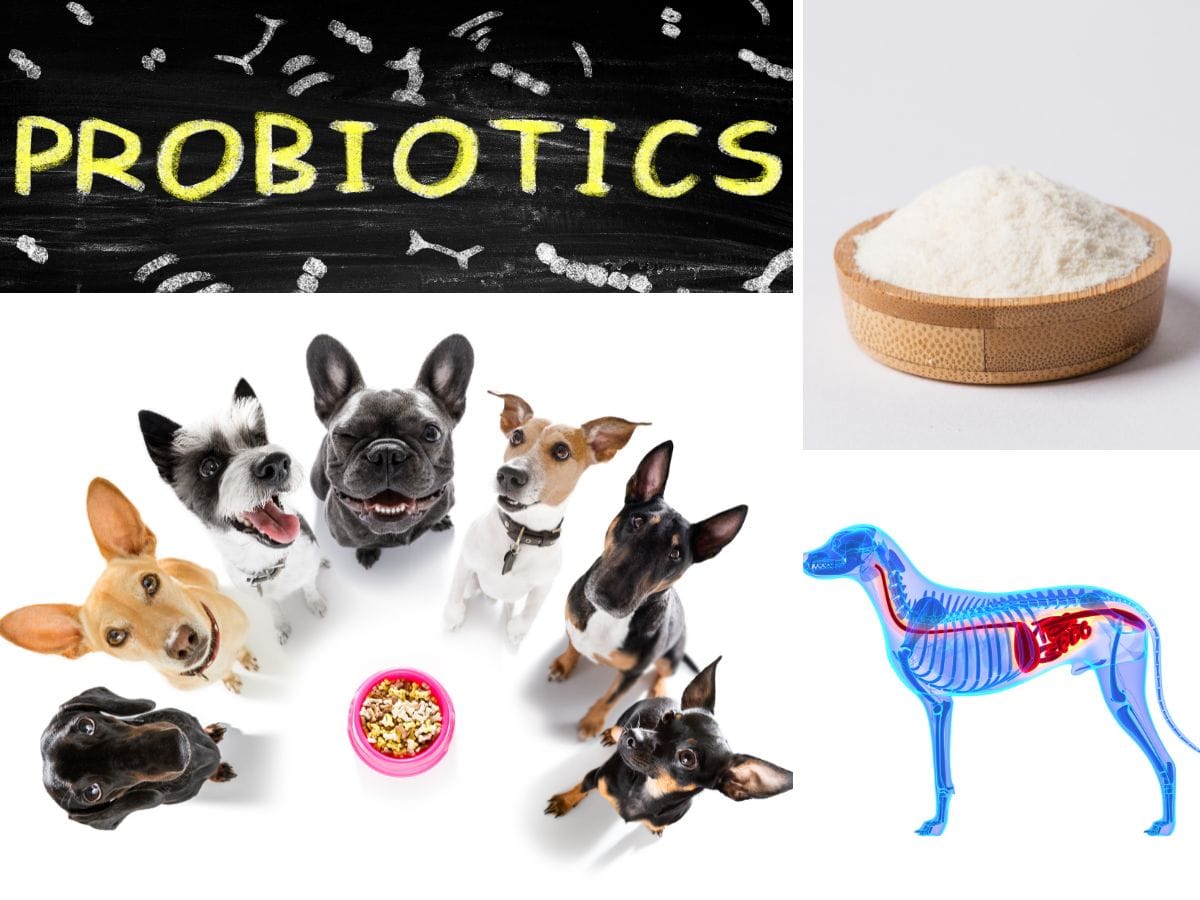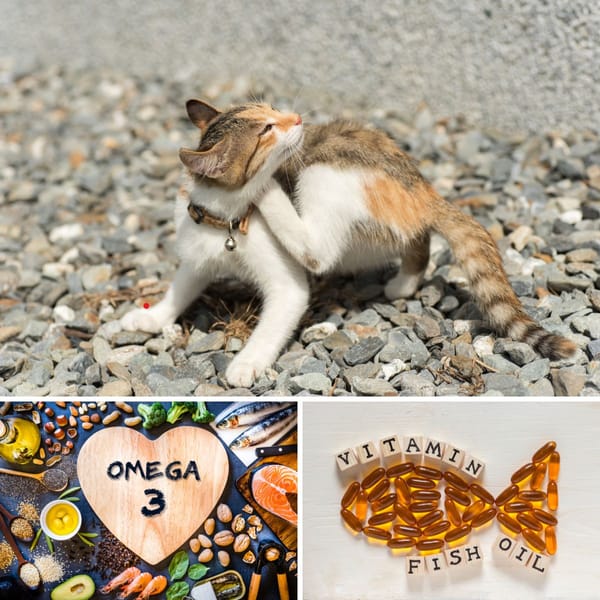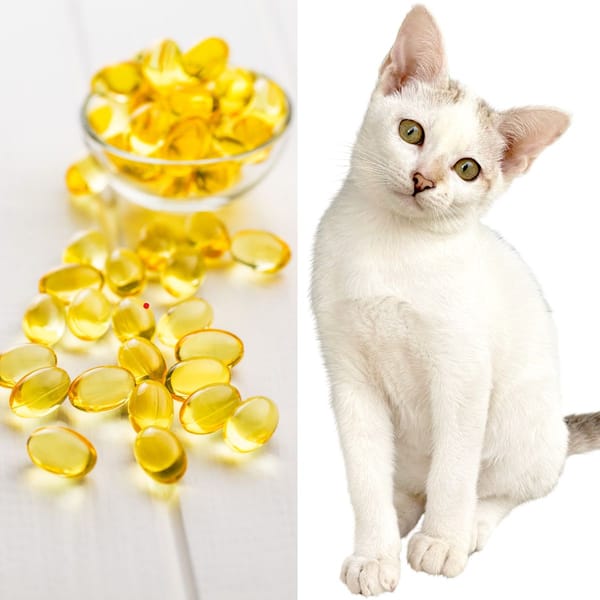Key Takeaways:
- Powdered probiotics can support a dog's digestive health and immune system.
- It's important to choose dog-specific probiotics with live, viable bacteria strains.
- Consultation with a veterinarian is recommended before adding probiotics to a dog's diet.
Probiotics have become a buzzword in the health industry, and their benefits are not just limited to humans. Our furry friends can also reap the advantages of these beneficial bacteria. But when it comes to dogs, are powdered probiotics a good option? This article delves into the world of dog probiotics, examining their benefits, how to choose the right supplement and the role they play in maintaining a healthy canine.
Understanding Probiotics for Dogs
Probiotics are live microorganisms that, when administered in adequate amounts, confer a health benefit on the host. In dogs, these beneficial bacteria contribute to a desirable intestinal microbial balance, supporting digestive health and bolstering the immune system. A healthy gut microbiome is essential for dogs, as it aids in digestion and absorption of nutrients, and plays a crucial role in fending off potential pathogens.
The Science Behind Dog Probiotics
The gastrointestinal system of dogs is home to trillions of bacteria, both good and bad. Probiotics for dogs work by enhancing the number of good bacteria in the gut, which helps maintain a balanced gut microbiome. This balance is vital for proper digestive function, production of short chain fatty acids, and a strong immune system. Research has shown that probiotics can help manage food sensitivities, improve digestion, and contribute to overall well-being.
Choosing the Right Probiotic Supplement
When selecting a dog probiotic supplement, it's important to look for products that are specifically formulated for dogs. These should contain live cultures of bacteria strains known to be beneficial for canine health, such as Lactobacillus acidophilus. The guaranteed analysis on the packaging can provide insight into the number of live bacteria per serving, ensuring that your dog receives an effective dose.
The Benefits of Powdered Probiotics
Powdered probiotics for dogs are a popular delivery method due to their ease of use and long shelf life. Unlike some other forms, powdered probiotics do not require refrigeration and can be easily mixed into a dog's food. They are designed to survive the acidic environment of a dog's stomach, ensuring that the live bacteria reach the gut where they can exert their beneficial effects.
Digestive Health and Probiotics
A dog's digestive health can be significantly improved with the addition of probiotics. They aid in breaking down food, absorbing nutrients, and producing healthy stools. For dogs with digestive issues, probiotics can help restore a healthy balance in the gut flora, alleviating symptoms like gas, bloating, and irregular bowel movements.
Immune Support Through Gut Health
A healthy gut microbiome is closely linked to a strong immune system. By promoting a balanced gut environment, probiotics for dogs can enhance immune health and help the body's natural defenses against illness. This is particularly important for growing dogs, adult dogs, and those with existing health conditions.
Probiotics and Food Allergies in Dogs
Many dogs suffer from food allergies, which can cause gastrointestinal upset and skin issues. Adding probiotics to a dog's diet can help manage these allergies by strengthening the gut barrier and modulating the immune response. This can lead to a reduction in allergic reactions and an improvement in symptoms. Customizing Probiotic Solutions for Your Dog's Unique Needs When it comes to enhancing your furry friend's well-being, understanding your dog's preferences is key to selecting the best probiotics. Dogs, like humans, have unique dietary needs and health considerations. A good probiotic powder tailored to your dog's specific probiotics requirements can make all the difference. By considering factors such as age, breed, and existing health conditions, you can choose a probiotic supplement that supports your dog's gut health most effectively.
Moreover, the diversity of dog food available today means that your pet's diet can be highly customized. Integrating a probiotic powder into your dog's food not only aids in maintaining a healthy digestive system but also ensures that the beneficial gut bacteria are compatible with the ingredients in your dog's diet. This synergy between dog food and probiotics promotes optimal digestion and absorption of nutrients, contributing to your dog's overall health and happiness.
The Connection Between Gut Health and Behavioral Well-being The gut-brain axis is a fascinating aspect of canine health that is garnering increasing attention. This complex communication network links the GI tract to the brain, influencing not just digestion but also a dog's mood and behavior. A healthy dog is often a happy dog, and maintaining a balanced gut microbiome with the right probiotic powder can play a pivotal role in your pet's emotional well-being.
Studies have shown that dogs with a balanced digestive system tend to exhibit fewer stress-related behaviors and may cope better with anxiety-inducing situations. By bolstering your dog's immune system through targeted probiotics, you're not just aiding their ability to digest food, but you're also potentially contributing to a calmer, more content canine companion. This holistic approach to health underscores the importance of considering both the physical and psychological facets of your dog's well-being when choosing the best probiotics for their diet.
Probiotic Supplementation and Dog's Behavior
Have you ever considered how your furry friend's gut health might be influencing their mood and behavior? The gut-brain axis is a fascinating concept that suggests a direct link between a dog's digestive system and their brain function. Probiotics, which are beneficial bacteria, play a crucial role in maintaining this connection. By supporting a dog's gut health, probiotics can contribute to their overall well-being, potentially leading to a happier and more balanced demeanor.
Studies have shown that dogs with a healthy balance of gut flora tend to exhibit less stress and anxiety-related behaviors. This is particularly important for dogs that may be prone to nervousness or aggression. By incorporating the best probiotic supplement into your dog's diet, you could not only be aiding their digestion but also promoting a calmer and more sociable pet. It's a win-win for both the dog's immune system and their mental health!
Customizing Probiotics for Your Dog's Unique Needs
Every dog is an individual, with their own tastes, preferences, and dietary requirements. When it comes to probiotics, there's no one-size-fits-all solution. Dog-specific probiotics are designed to cater to the unique needs of your canine companion. Whether your dog is a picky eater, has a sensitive stomach, or requires a special diet due to health issues, there's a probiotic formula out there that can be tailored to support their specific needs.
For instance, if your dog is prone to food allergies, selecting a probiotic that targets the immune response to allergens can be beneficial. On the other hand, if your dog's stomach is easily upset, a probiotic aimed at bolstering the digestive tract might be the best choice. By paying attention to your dog's preferences and health status, you can choose a probiotic supplement that not only enhances their gut health but also fits seamlessly into their daily routine, ensuring they get the most out of this beneficial addition to their diet.
The Role of Probiotics in a Balanced Diet
While probiotics are beneficial, they should be part of a balanced diet that meets all of a dog's nutritional needs. Dog foods that include probiotic supplements can offer a convenient way to ensure your pet is getting these beneficial bacteria. However, it's also important to provide a variety of nutrients through a diet rich in proteins, fats, and carbohydrates.
Probiotics vs. Digestive Enzymes
It's important to differentiate between probiotics and digestive enzymes. While both support a dog's digestion, they work in different ways. Probiotics help maintain a healthy gut flora, while digestive enzymes aid in the breakdown of food components like proteins and fats. Some dog probiotic supplements may also contain digestive enzymes for a more comprehensive approach to gut health.
Natural Sources of Probiotics for Dogs
In addition to supplements, there are natural sources of probiotics that can be included in a dog's diet. Plain yogurt with live cultures is one example, but it's essential to choose products without artificial sweeteners or additives that can be harmful to dogs. Always consult with your veterinarian before introducing new foods into your dog's diet.
The Importance of a Healthy Microbiome
A healthy microbiome is not just about digestion; it also impacts the gut-brain axis, which can influence a dog's behavior and mood. By contributing to a balanced gut microbiome, probiotics can play a role in a dog's overall mental and emotional well-being.
Probiotics for Specific Health Conditions
Some pet owners turn to probiotics to address specific health conditions in their dogs, such as gastrointestinal disorders or after a course of antibiotics. Anecdotal evidence suggests that probiotics can be helpful in these situations, but scientific research is still ongoing to fully understand their therapeutic potential.
How to Administer Powdered Probiotics
Administering powdered probiotics is straightforward: simply sprinkle the recommended amount over your dog's food. It's important to follow the dosage instructions provided by the manufacturer and to consult with your veterinarian, especially if your dog has underlying health issues.
The Safety of Probiotics for Dogs
Probiotics are generally considered safe for dogs, but as with any supplement, there can be risks. It's crucial to choose a high-quality product with a clear expiration date and to observe your dog for any adverse reactions after starting a probiotic regimen.
Summary
Powdered probiotics can be a valuable addition to a dog's diet, supporting digestive health, immune function, and overall well-being. When choosing a probiotic supplement, look for dog-specific products with guaranteed live bacteria strains. While probiotics offer many benefits, they should be used as part of a balanced diet and under the guidance of a veterinarian. With the right approach, probiotics can help maintain a healthy balance in your dog's gut, contributing to a happier, healthier life.
FAQ Section
Q: Can I give my dog human probiotics? A: It's not recommended to give dogs human probiotics as they are formulated for human gut flora and may not provide the desired benefits for dogs. Always choose probiotics specifically designed for canine use.
Q: How long does it take for probiotics to work in dogs? A: The effects of probiotics can vary, but some dogs may show improvements in digestive health within seven to four days. For the best results, probiotics should be given consistently as part of a dog's daily diet.
Q: Can probiotics cause any side effects in dogs? A: While probiotics are generally safe, some dogs may experience mild digestive upset when first starting a probiotic supplement. If you notice any adverse effects, consult your veterinarian.







